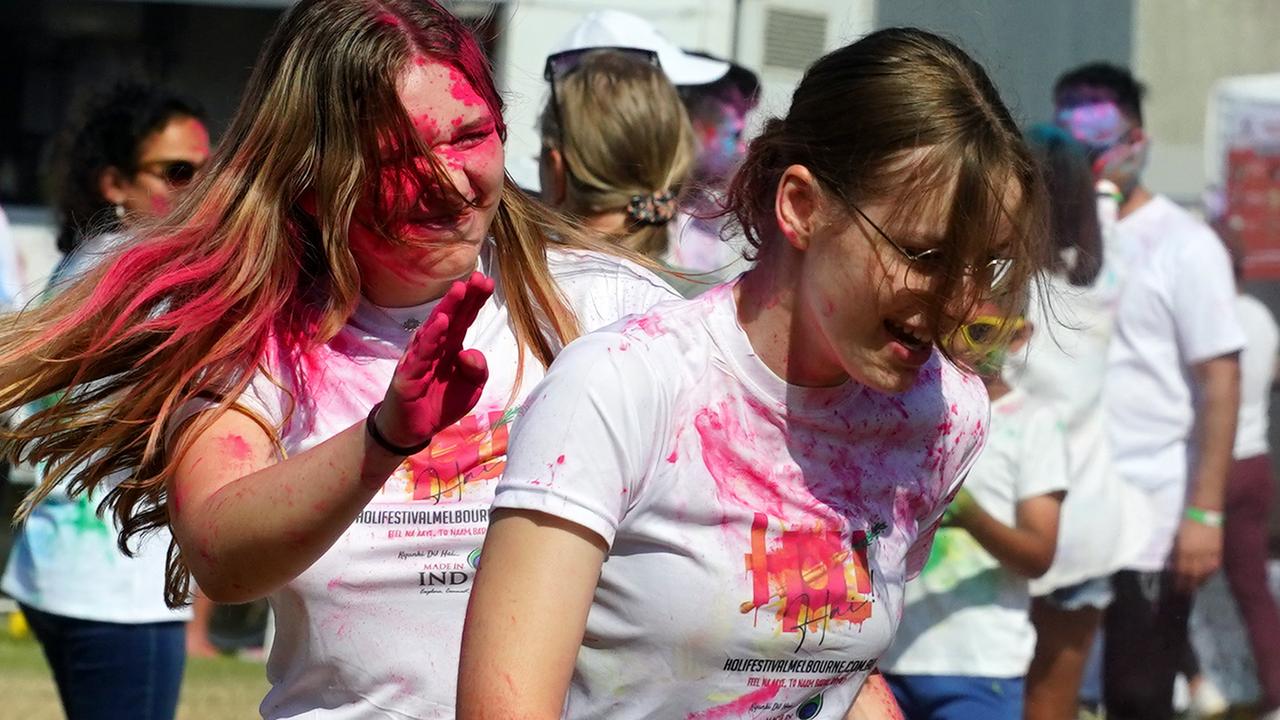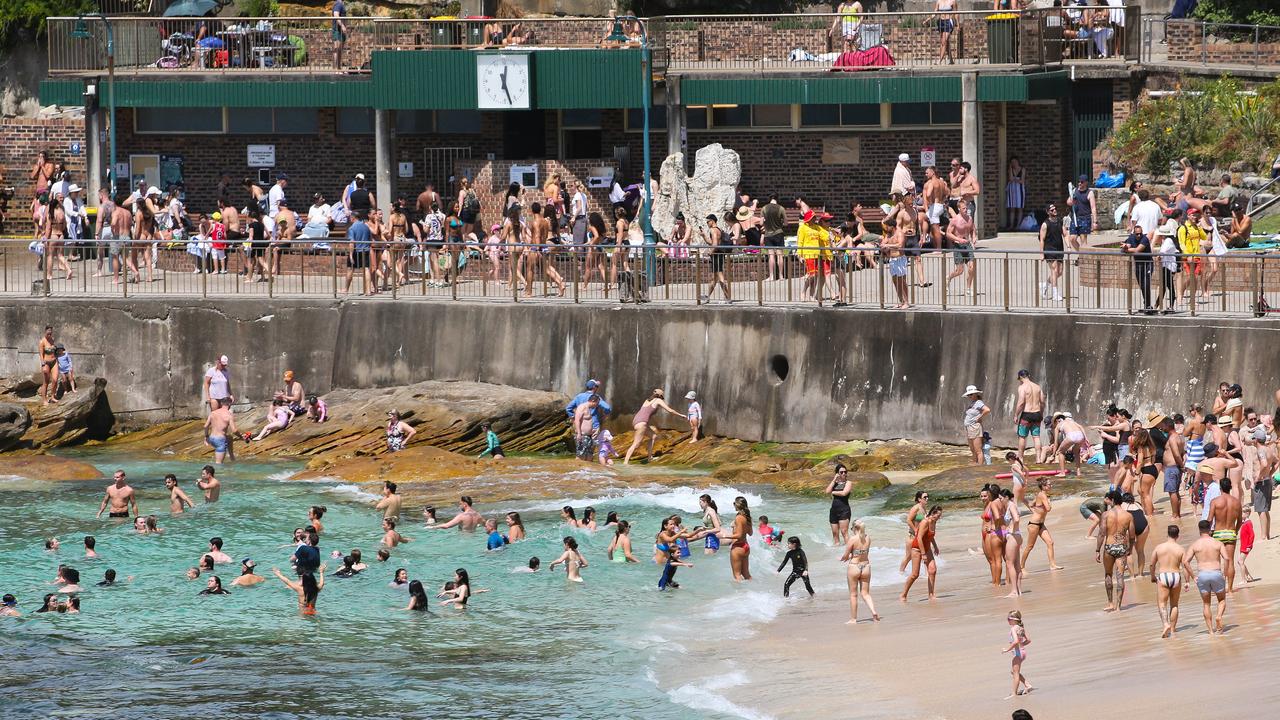Turkey has been rocked, is it safe to visit?
AUSTRALIANS visit Turkey in droves, but after a spate of recent terrorist attacks, what’s the latest advice?

TURKEY has become popular tourist destination in recent years.
Australians visit in droves, paying their respects at the Anzac memorial at Gallipoli, haggling over rugs in Istanbul’s Grand Bazaar, riding in a hot-air balloon over Cappadocia, bathing in the thermal pools at Pamukkale, or cruising the scenic coast.
However, the country is becoming increasingly dangerous.
The latest advice from Smartraveller, updated this morning, recommends Australians exercise a high degree of caution, and reconsider the need to travel to the major cities of Ankara and Istanbul due to ongoing threats of terrorist attacks.
The warning comes as four people were killed in a dramatic gunfight, after attackers detonated a car bomb at a police checkpoint in the coastal city of Izmir.
CCTV footage shows a huge fireball erupting from a small white car, forcing bystanders to run for their lives. Separate footage shows the street shootout.
“When you look at the preparations they had made, the weapons that were seized, the bombs and the ammunition, it is clear that a big massacre was planned. Praise God, they were not successful,” Deputy Prime Minister Veysi Kaynak told AP.
It’s just one in a spate of recent incidents.

A lone gunman, allegedly disguised as Santa, killed 39 revellers and injured 69 more inside an Istanbul nightclub in a New Year’s Eve terror attack. He’s believed to have opened fire at police outside before storming in and massacring people inside.
Thirty police officers were among at least 38 people killed in a twin bombing at a football stadium earlier in December.
Two rockets hit a holiday resort in Antalaya in October.
There are a number of factors at play.
First, Turkey has long been involved in a conflict with Kurdish militants, who are fighting for an independent state in the country’s east. A ceasefire lasted two and half years before falling apart in 2015, and since then, separatists have been behind a number of bombings in major cities.
According Izmir governor Erol Ayyildiz, Kurdish militants were behind yesterday’s attack.
“The information so far suggests it is the PKK. Such a conclusion was reached after we assessed the attack and identified the people,” he told AP. The gunmen were carrying two Kalashnikov rifles, rocket launchers and eight hand grenades.
Second, extremists are pushing up against the border Turkey shares with Syria as coalition forces battle the Islamic State. The terror group has been blamed for a number of the attacks, and is feared to be planning more.
Add a huge number of refugees fleeing civil war, and it’s a recipe for unrest.

An attempted military coup was overthrown in July.
Turkey’s justice minister said 6000 people were jailed — including a number of high-ranking generals — in the ensuing government crackdown.
At least 265 people were killed and 1440 wounded when gunfire exploded in Ankara, the capital, as warplanes flew overhead and tanks rolled down the streets.
Turkey declared a State of Emergency in light of the drama.
The Australian Department of Foreign Affairs and Trade warns there is a high chance travellers will be affected by attacks and unrest.
“Terrorists maintain an interest in attacking tourists destinations in Turkey and locations frequented by foreigners,” the Smartraveller website warned.
“These places include tourists sites in and around Izmir, Antalya (and nearby coastal areas), Istanbul, Ankara and Adana.
“Attacks could take place anywhere at any time.”
The website also recommends Australians avoid the area within 50km of the Syrian border due to the risk of kidnapping, and that female tourists should avoid travelling alone or in small groups due to an increase in violent sexual assaults.

The United States and the United Kingdom have also issued warnings.
In October, family members of employees at the American Consulate General in Istanbul were ordered to return home due to fear of being targeted.
Britain’s Foreign Office said although there’s a heightened risk against British nationals, it is generally safe to travel in Turkey as long as travellers remain vigilant.
Like everywhere, some places are safer than others, and the attacks haven’t stopped adventurous tourists from pouring into the country.
If you’re planning to visit Turkey soon, avoid the larger cities and the eastern regions, keep your wits about you, and make sure your relatives know your whereabouts.
Register with Smartraveller and check the website regularly for the latest advice.




